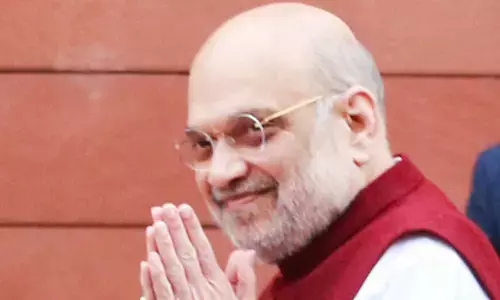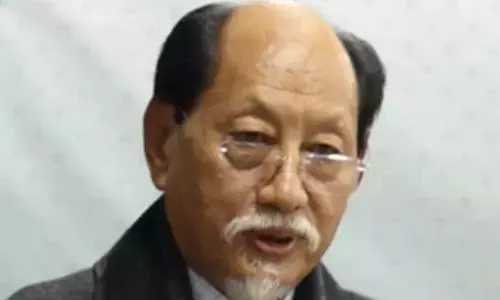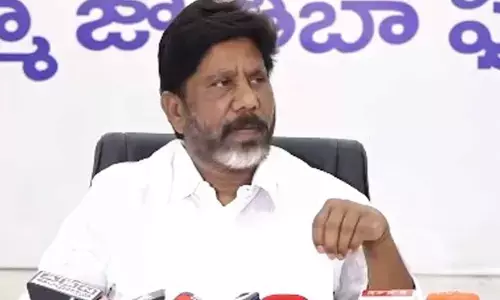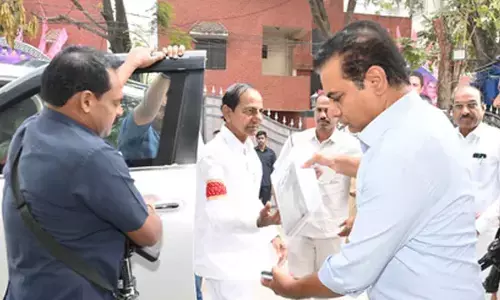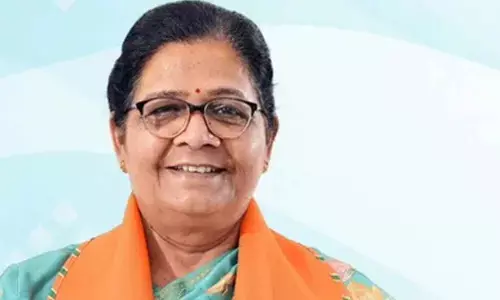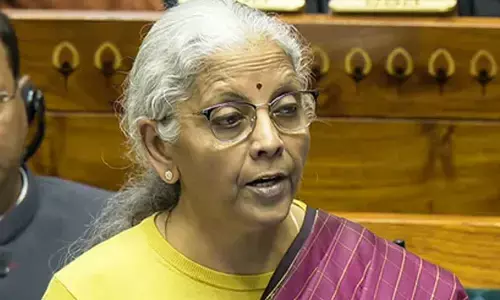A landmark ruling by SC on child sex abuse
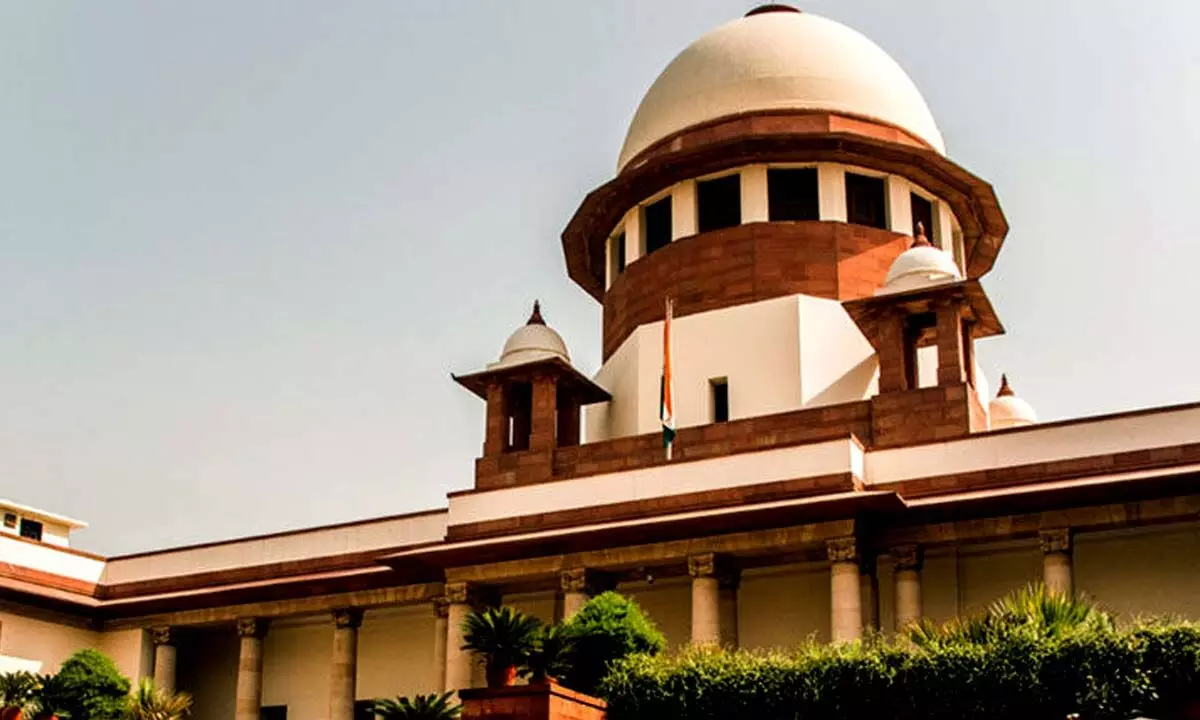
Supreme Court of India
On Monday, in a significant development that casts light on sexual abuse of children and the ways to deter them, the apex court overruled a controversial judgment from the Madras High Court and called for urgent reforms to combat child sexual exploitation in the country.
On Monday, in a significant development that casts light on sexual abuse of children and the ways to deter them, the apex court overruled a controversial judgment from the Madras High Court and called for urgent reforms to combat child sexual exploitation in the country. A Bench of Madras high Court Justice N Anand Venkatesh had given a ruling that mere possession or passive consumption of child pornography did not constitute a crime under the Pocso Act or the Information Technology Act.
The High Court had observed that the accused only downloaded and watched the material in private. “Since he has not used a child or children for pornographic purposes, at best, it can only be constructed as a moral decay on the part of the accused person,” the HC said. A petition in the SC challenged the order, arguing that it gives general impression that downloading and possessing child pornography is not an offence and it would only increase the demand and act against the well-being of children. The Pocso Act and IT Act clearly criminalise creation, distribution and possession of child pornography. Justifiably the top court reaffirmed that even viewing content online falls under “constructive possession.”
Even in cases where any individual unwittingly opens a link that contains child abuse and closes it, it should be reported to authorities, the SC ruled. Failure to do so attracts a fine of up to Rs 10,000.
In their landmark ruling, the SC Bench headed by Chief Justice D Y Chandrachud and comprising Justices J B Pardiwala and Manoj Misra told the courts and governments that the term ‘child pornography’ be forbidden and it should hereafter be referred to as ‘child sexually exploitative and abuse material’ (CSEAM). The bench felt that the term “child pornography” is a misnomer that fails to capture the full extent of the crime as it can lead to a trivialisation of the crime – as pornography is often seen as a consensual act between adults.
One cannot but agree with the SC that the CSEAM more accurately reflects the reality that child sex images and videos are not merely pornographic, but are records of incidents, where a child has either been sexually exploited and abused or where any abuse of children has been portrayed through any self-generated visual depiction. Thus, CSEAM correctly connotes exploitation and abuse of child and is a worthy substitute for ‘child pornography.’
There was a spurt of 336% in child sex abuse cases from 2001 (2,113) to 2011 (7,112). Between 2016 and 2022, the crimes went up by 96 per cent. Nobel Awardee Kailash Satyarthi says three children are raped and five children are sexually assaulted every hour in India. As such, given the gravity of the situation, the SC called upon governments to implement comprehensive sex education programmes that include legal and ethical ramifications and help deter potential offenders. These programs should address common misconceptions and provide young people with a clear understanding of consent and the impact of exploitation.
In India, attempts to impart sex education to teenagers have been hampered by criticism that it contravenes Indian values and will only lead to rise in sexual interest and activity among the children. However, research stresses its usefulness to delay sexual activity and enhance respect for females. Sex education can wean away youth from unmonitored and unfiltered information on the Internet, which not only misleads them but turns them to explore porn, planting the seed for unhealthy and immoral sexual behaviours. Governments must heed the apex court suggestion that sex education can also help foster greater empathy and respect for others, reducing the likelihood of engaging in exploitative, read abusive, behaviours.








